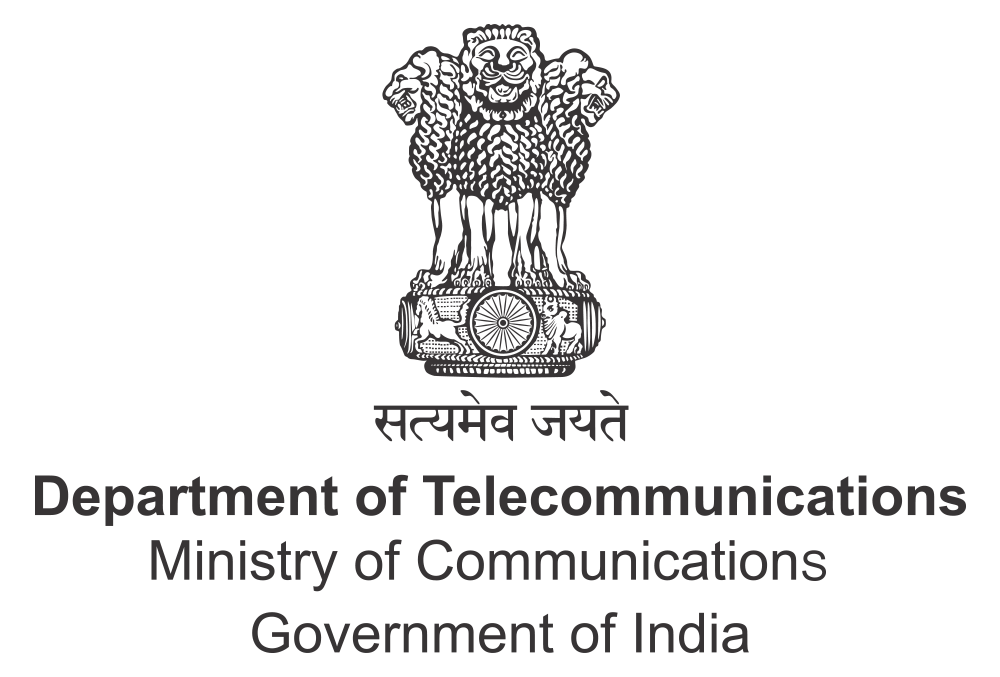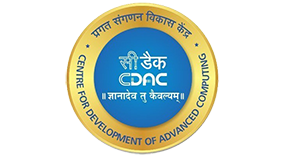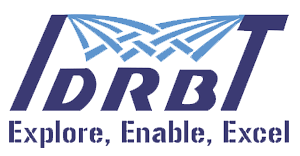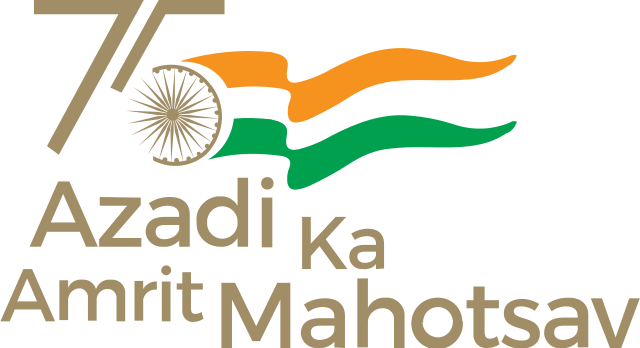Some platforms like Ethereum, Hyperledger, Corda, etc have built blockchain frameworks that help to develop and host blockchain applications.
1. Hyperledger:
Hyperledger is a global enterprise blockchain project. It offers the essential framework, standards, guidelines, and tools to build open-source blockchains and similar applications for use across various industries.
Hyperledger provides various frameworks:
Hyperledger Burrow.
Hyperledger Indy.
Hyperledger Fabric
Hyperledger Sawtooth.
Hyperledger Grid.
Hyperledger Caliper.
Hyperledger Cello.
Hyperledger Explorer.
Hyperledger Composer.
HYPERLEDGER FABRIC:
Hyperledger Fabric is an open-source project. It is under the umbrella of the Linux Foundation. It is intended for developing applications and industry solutions.
It offers a unique approach to the consensus that helps to get performance at scale preserving data privacy.
Architecture:
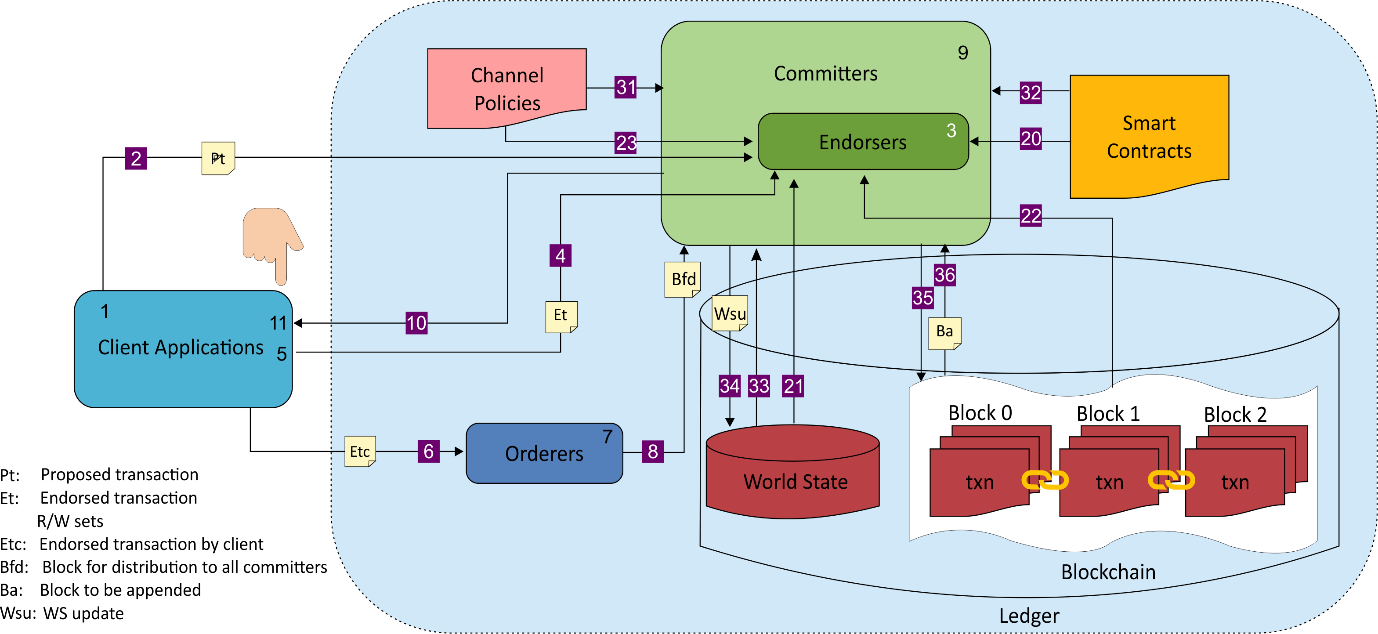
Applications of Hyperledger Fabric:
Digital payments
Diamond tracing
Food supply chain
B2B contracts
Digital identity
Hyperledger Sawtooth:
Hyperledger Sawtooth is an open-source enterprise blockchain founded by the Linux Foundation.
It targets keeping ledger distributed and making the smart contracts safe that helps develop the decentralized application.
Hyperledger Sawtooth Architecture:
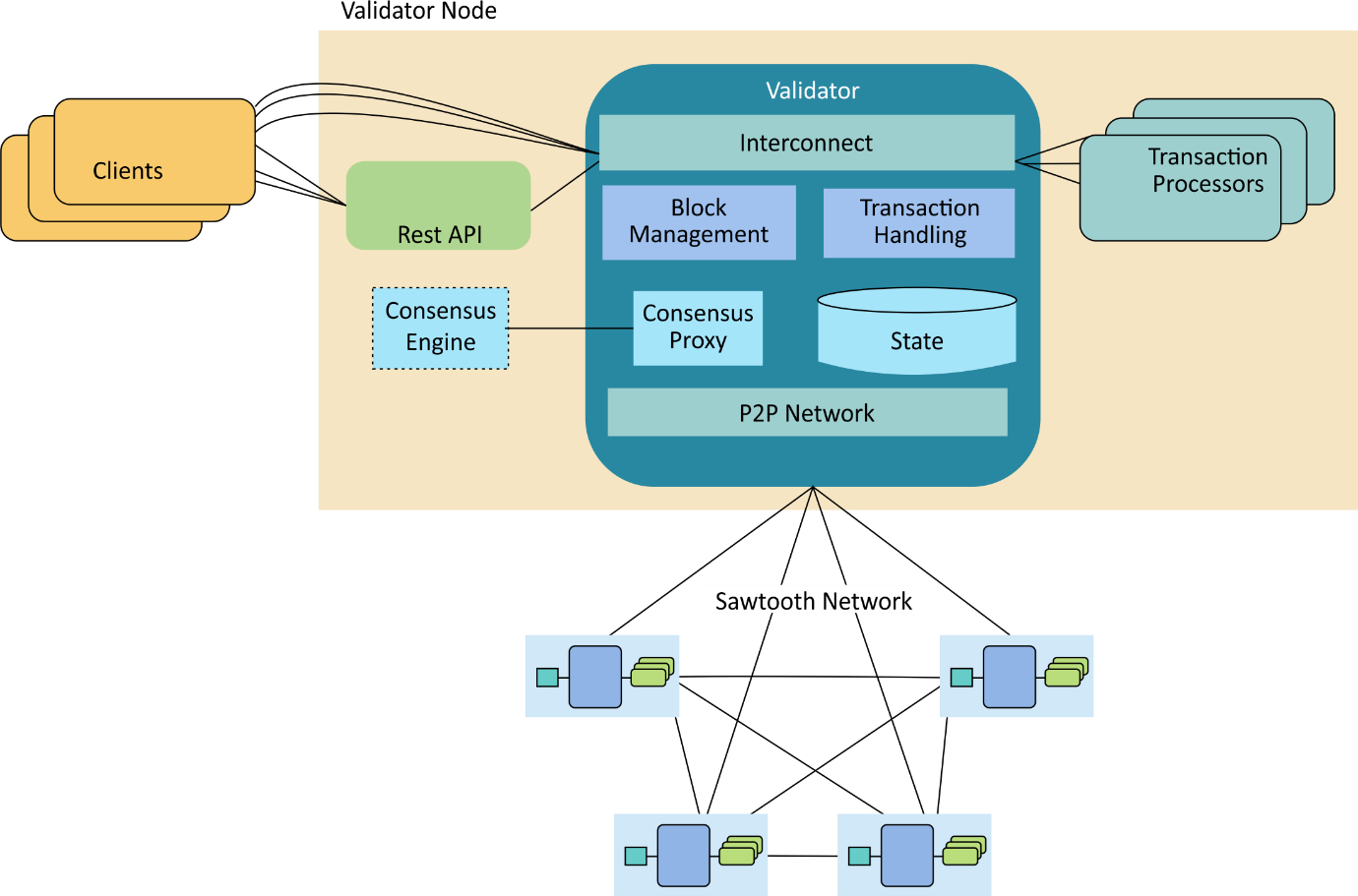
Application area of sawtooth is mostly in enterprise sectors as it gives distributed ledger.
2.Corda:
Corda is a permissioned blockchain platform. It helps to improve DLT applications that enable businesses to transact directly with strict privacy.
As Corda operates on a permissioned model, one can get a better privacy level for their team. It supports a granular level of control over digital records.
Point-to-point Architecture
Communication on Corda Blockchain Platform is point-point means only participants of transactions can access it.
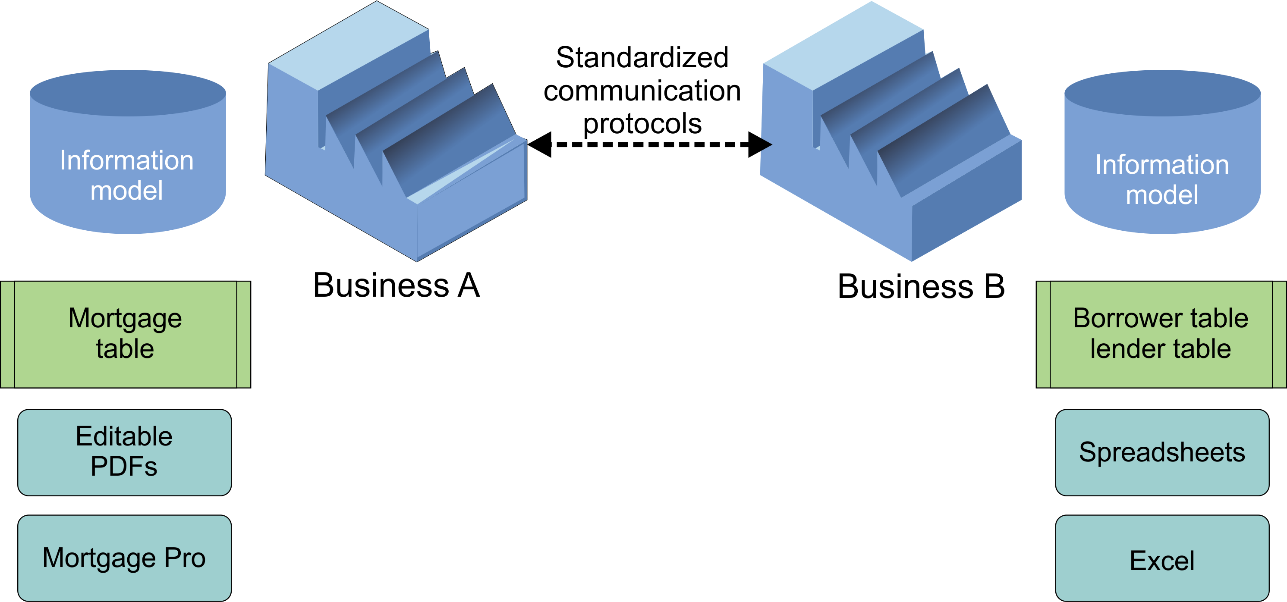
Corda Enterprise-powered solutions provide:
Multi-party transparency:
A shared system helps parties to collaborate and maintain shared data, and control how it is shared and maintained.
Inter-firm automation:
Improve workflow by automating data and transaction processing across the network and improving efficiency and transparency.
Digitalization of assets and identity:
Fully digitalize real-world assets to enable the faster end-to-end exchange of value, create new assets and leverage standardized digital identities across a network.
Pluggable Consensus:
Corda can make use of several algorithms. Also, transactions can scale because notary events can split-up all over the network.
Applications of Corda:
Corda enables services in Banking, Insurance, Capital Markets, Trade Finance sector, and more. Used to transact directly with strong privacy. Smart contracts are used to reduce transactions and costs to maintain records.
This perfectly suits the financial industry but also supports the government, healthcare, and trade sectors.
3. Ethereum:
Ethereum was first proposed in 2013, by Vitalik Buterin, It can be used for transferring value globally and without any interference from third parties. Value exchange is the main application area of ethereum. It can be used to build leaderless applications.
Ethereum features:
Ether: It is an Ethereum cryptocurrency.
Smart contracts: Ethereum allows development and deployment of contracts.
Ethereum virtual machine: Ethereum provides underlying technology, the architecture, and the software that understands smart contracts and allows you to interact with them.
Decentralized applications: Ethereum allows you to create integrated applications, called decentralized applications. Here, a decentralized application is called a Dapp.
Ethereum Architecture:
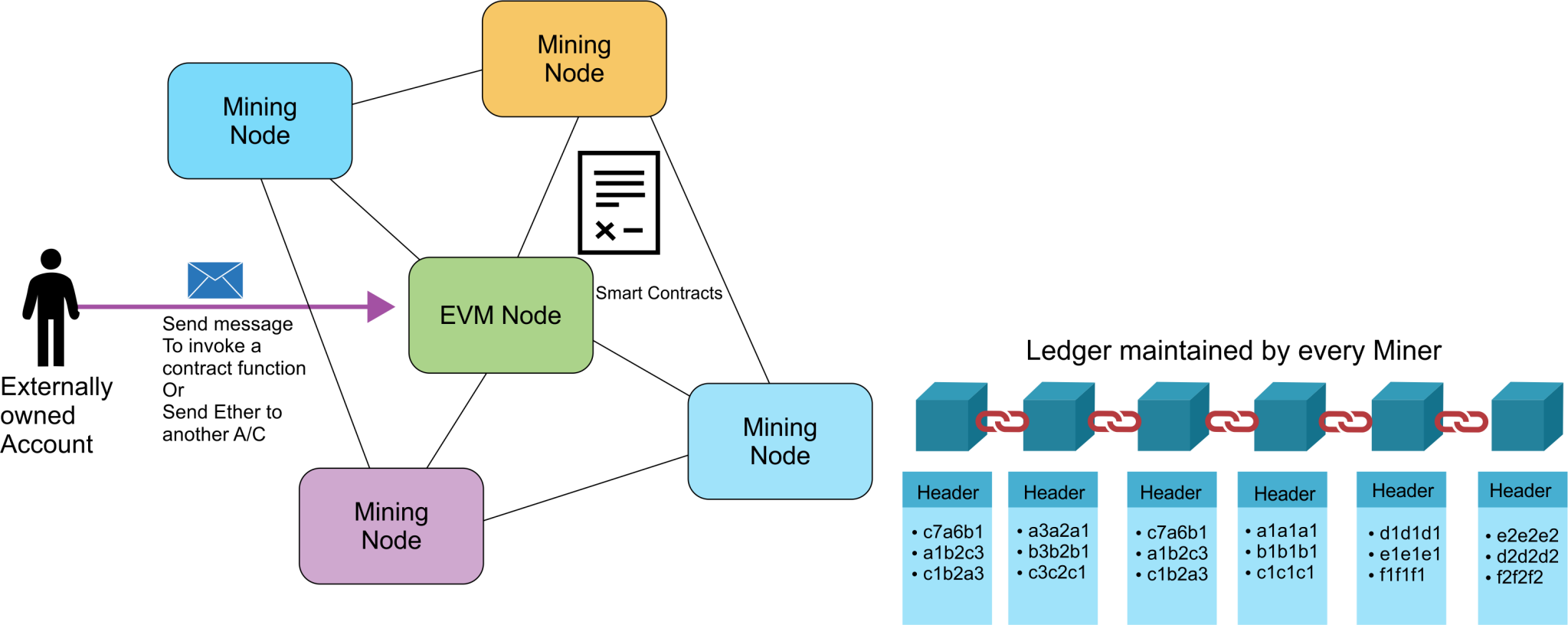
Ethereum Applications:
Civic area: Secured identity and data management.
MyEtherWallet: Open-source, client-side interface for generating Ethereum wallets and more. It is free.
MyCrypto Wallet: It swaps and transacts crypto with wallets with this Ethereum wallet manager.
SelfKey: It has a self-sovereign identity system.
4. Steller
Stellar is an open blockchain network. It allows the storing and transaction of money. It gives facilities like to create, trade, and send digital representations of all forms of money, for example, dollars, bitcoin, pesos, and many more.
Steller Architecture:
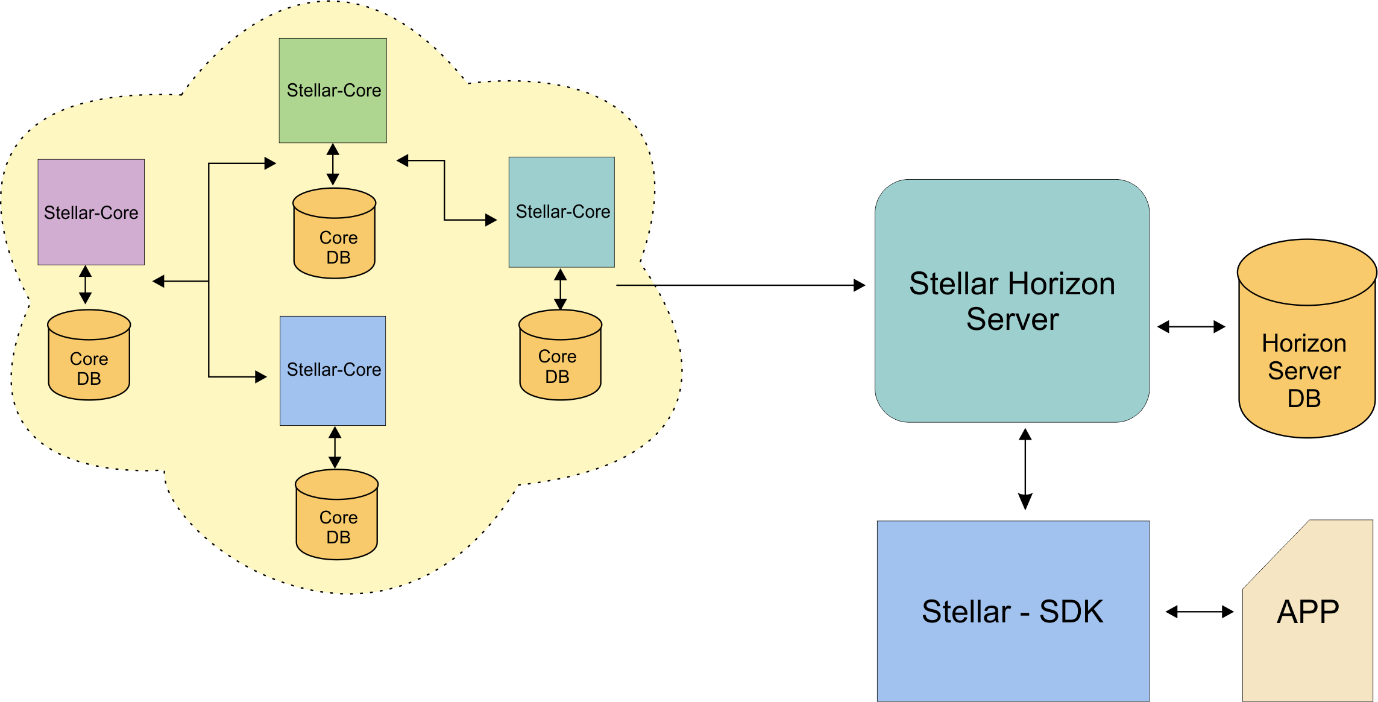
Over 69% of banks are currently working with blockchain technology to make their services transparent and secure. Stellar is one of the most scalable blockchain platforms that can help build secure and fast fintech applications, tokens, and digital assets representing financial assets.
It is an open-source network for payments and currencies related applications. It has no owner and if it has anything, it is owned by the public. It can handle plenty (in millions) of transactions per day. Like Ethereum and Bitcoin, this also depends on the blockchain to keep the network synced.
5. EOS:
EOS is a blockchain-based, decentralized system that enables the development, hosting of commercial-scale decentralized applications (dApps) on its platform. There is no official full form for EOS, and the inventors have decided not to define it.
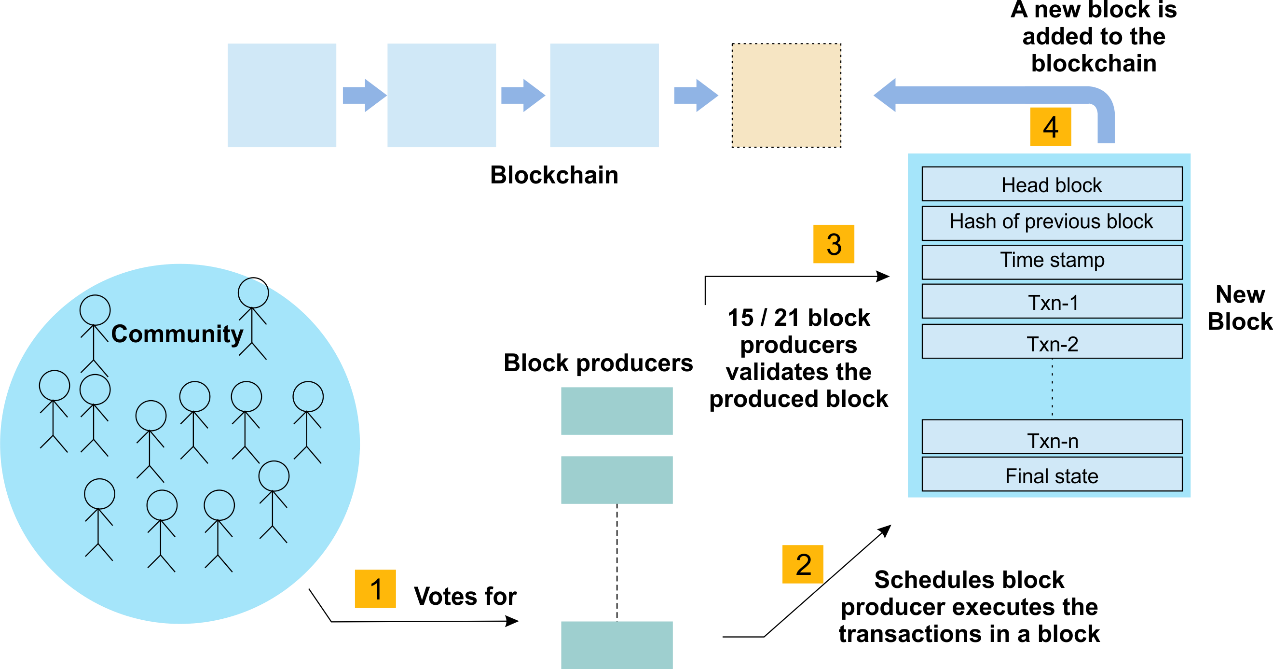
6. Ripple:
Ripple is a digital payment network and protocol with its cryptocurrency.
Rather than using blockchain mining, Ripple makes use of a consensus mechanism to confirm transactions.
Ripple Architecture:
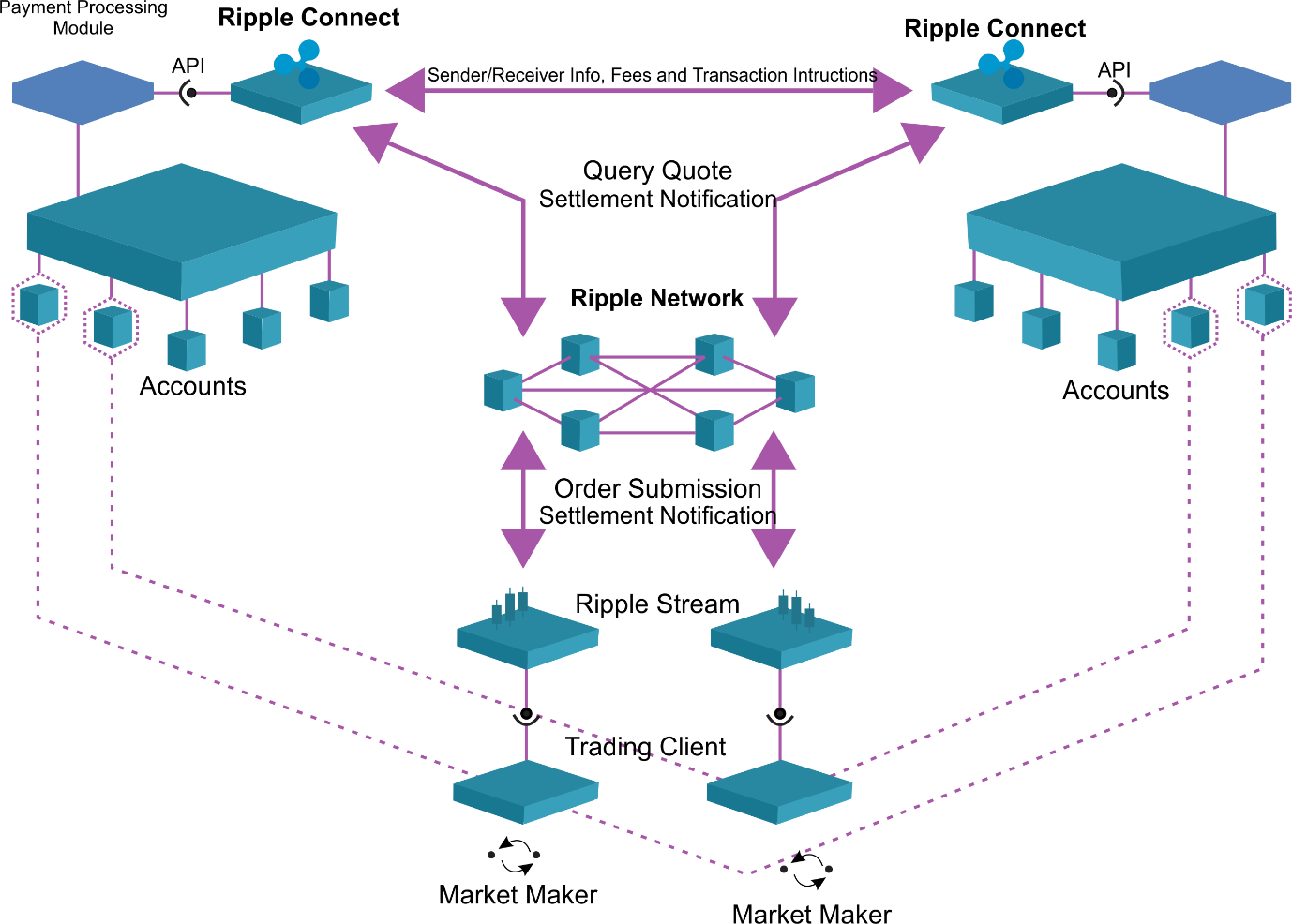
Ripple transactions use less energy than bitcoin. These are confirmed in less time and cost-effective.
Ripple rank is in the top five most valuable blockchain-based tokens by market capitalization.
7. Open Ledger:
This is a public blockchain platform which is developed by Coinprism. This powerful platform provides a service to create fantastic systems for experimentation.
Anyone can spin up a new instance of blockchain on the environment within a moment.
Also, end-users can exchange values on the ledger according to rules identified by the administrator of the blockchain. As there is no miner in the OpenChain environment, the transactions don’t come with any cost. Just like with Bitcoin, it gives tracking of every transaction made using your ledger.
8. Quorum:
Quorum is created by JP Morgan. It is an enterprise-grade version of the Ethereum platform. Quorum modifies the main structure of Ethereum. It offers efficient permissioning with improved speed. Quorum best suits applications that require more processing speed. It is also best for managing private transactions. Quorum provides full-service support and a development platform is also excellent.



